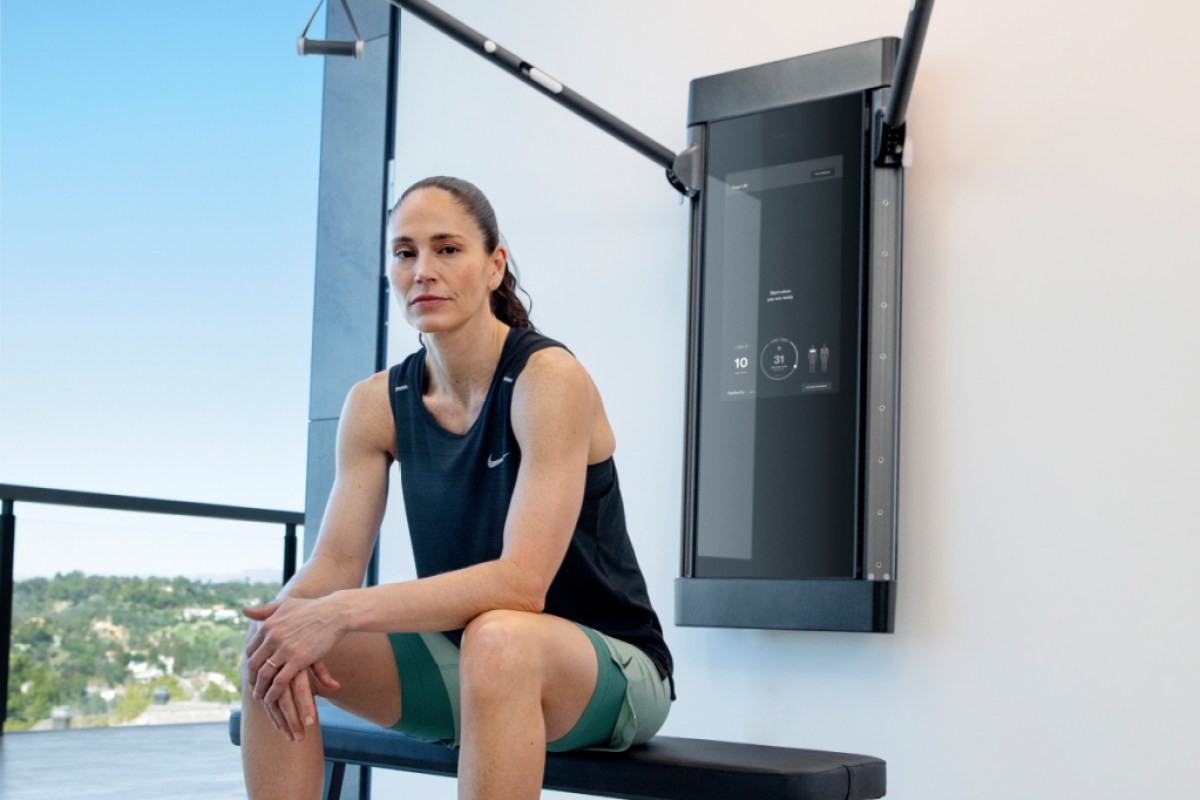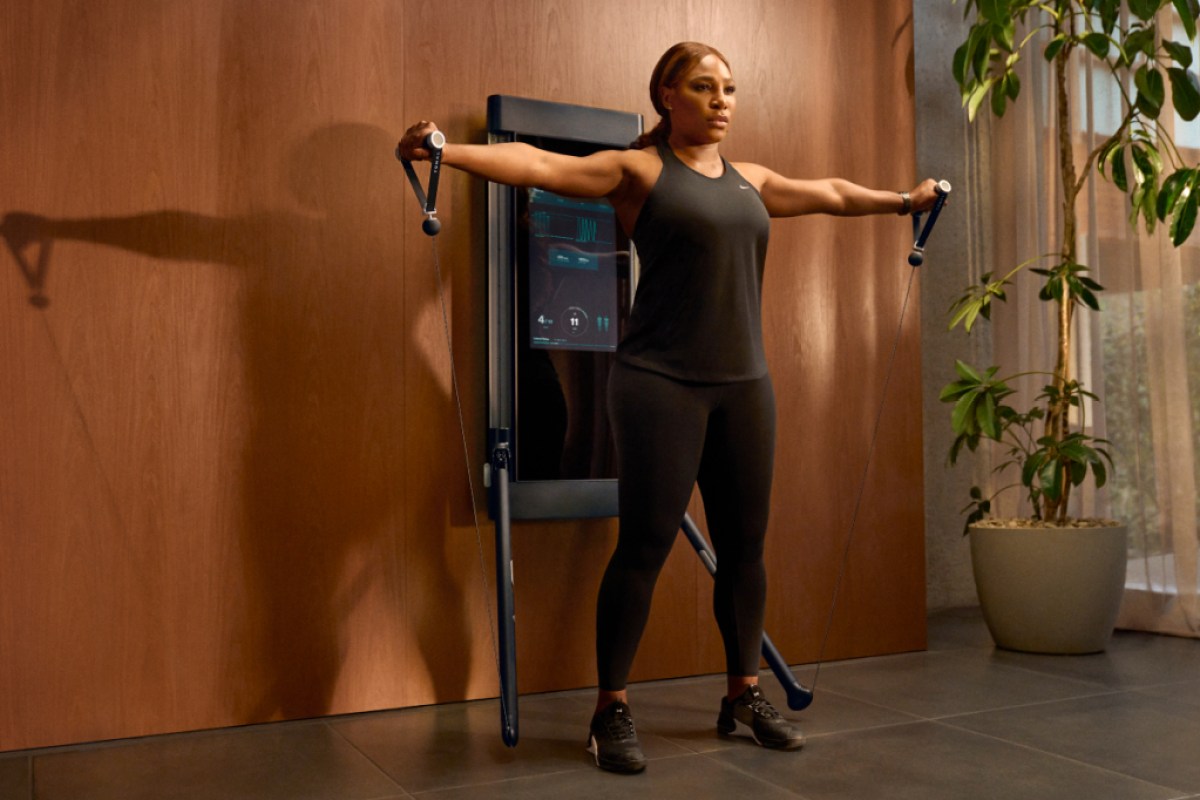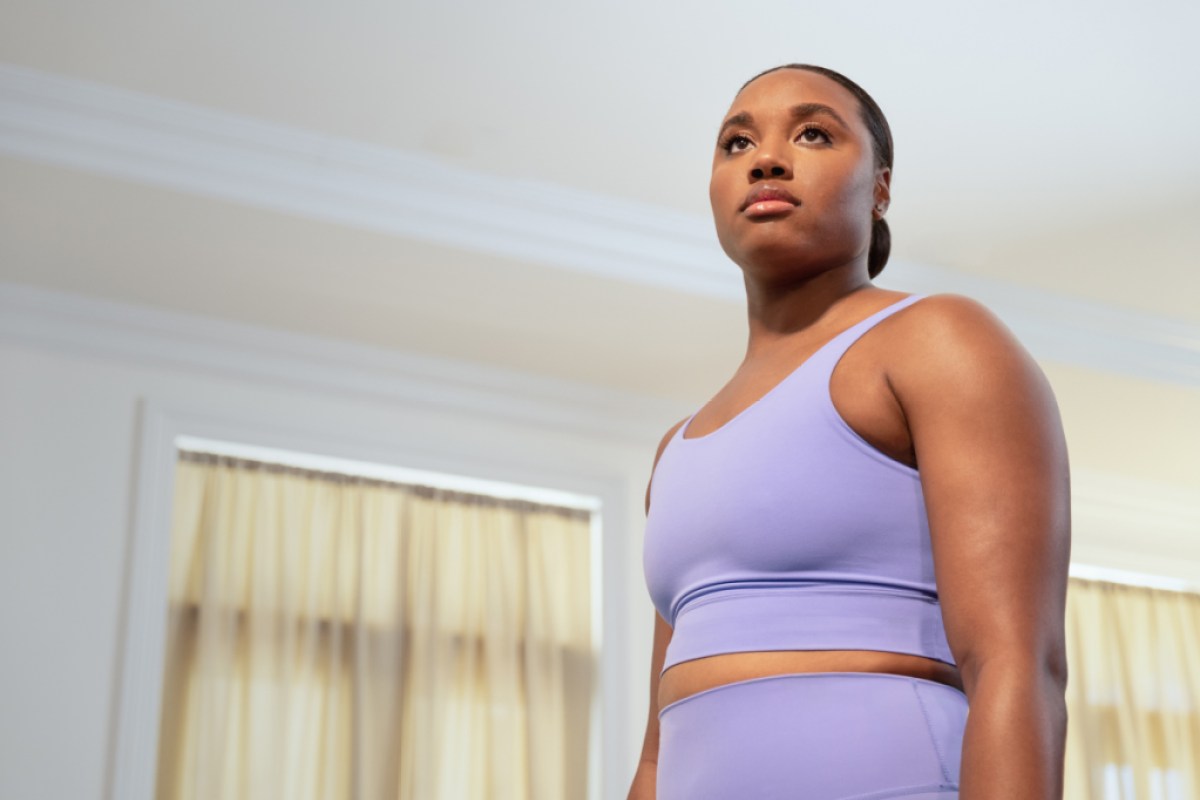One of beach volleyball’s most decorated players explains how working with new partners builds a different kind of strength.
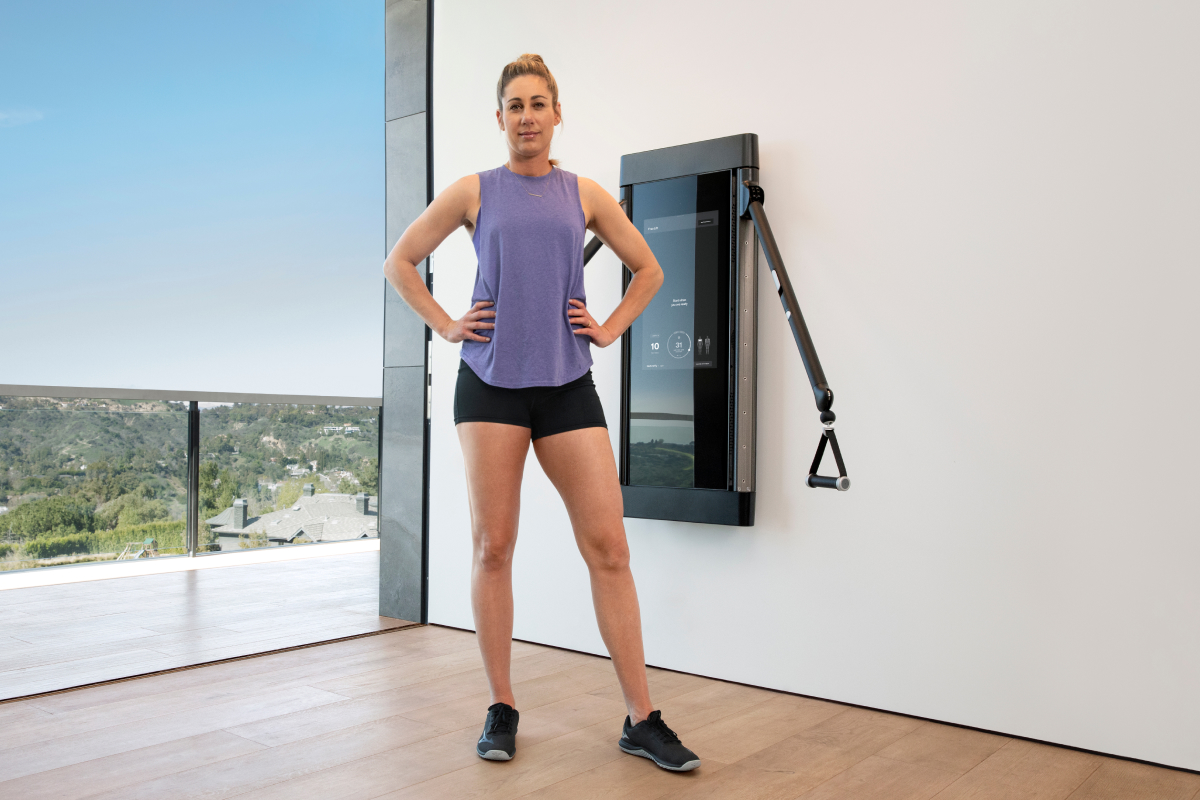
Partnership is a strength-building exercise, one that requires communication, selflessness, and vulnerability. Few people know that better than world champion and three-time Olympic medalist April Ross.
“It takes a lot of strength to admit you need help sometimes,” said the beach volleyball legend in an exclusive interview with Tonal.
Ross has made it to the podium at the Summer Games three different times, and she did so with three different partners at her side. That’s no easy feat because working with a new partner is a bit like starting over. You have to build a new relationship with each teammate from scratch.
“You have to be open to different personalities and flexible and really push the communication,” Ross explained. “I learned a lot of lessons along the way and made situations work. That’s given me a lot of strength.”
Last August, Ross and her partner Alix Klineman proved to be the perfect pair. They marched through the tournament in Tokyo, going undefeated in match play on their way to gold medals—a first for Ross, who had already earned a silver in 2012 with Jennifer Kessy and a bronze in 2016 with Kerri Walsh Jennings. But the lead-up didn’t start out as smoothly.
“This past Olympic cycle, I didn’t have a partner at first,” Ross explained. “I was really worried about it. I didn’t know if I was going to be able to make it back to the Olympics. I was kind of going forward regardless and doing everything I could to set my future self up for success.”

Ross connected with Klineman in 2017. The pair met through mutual friends and Ross, knowing Klineman’s potential as a force at the net, later asked her to team up. That simple yet vulnerable request led the duo to a magical run in Tokyo.
Switching partners isn’t always easy but the carousel is a part of the sport. This year, Ross turned to yet another partner, high-level blocker Emily Day. “It’s a process,” she said. “It’s like a new relationship. It’s tough. You have to build it and work on it every day.”
The same intentional approach is true for Ross’ training, and building strength plays a major role. “I’ve learned over time that strength in my sport equals endurance, which is huge because you’re running around on the sand,” she said. “It’s exhausting, and just doing cardio doesn’t translate to endurance. It’s about being strong and being able to withstand force over time, digging and jumping.”
Beyond power, Ross also focuses on building strong, resilient shoulders for striking and blocking and powerful legs to support hours of jumping, diving, and lunging. Every sport-specific movement, though, starts with a sturdy core.
“If you swing, you want torque with your core,” she explained. “I found that out kind of late in my career, and it made a huge difference in my passing, my hitting, and my serving,” she explained.
Ross said she prefers to program her own full-body workouts although she also trains with a performance specialist to ensure she’s in peak condition. The gym where she trains is an hour from home, which is part of what makes her keen on training with Tonal. “I can just stay home, not have to drive that hour, and do something else I want to do instead,” she said.
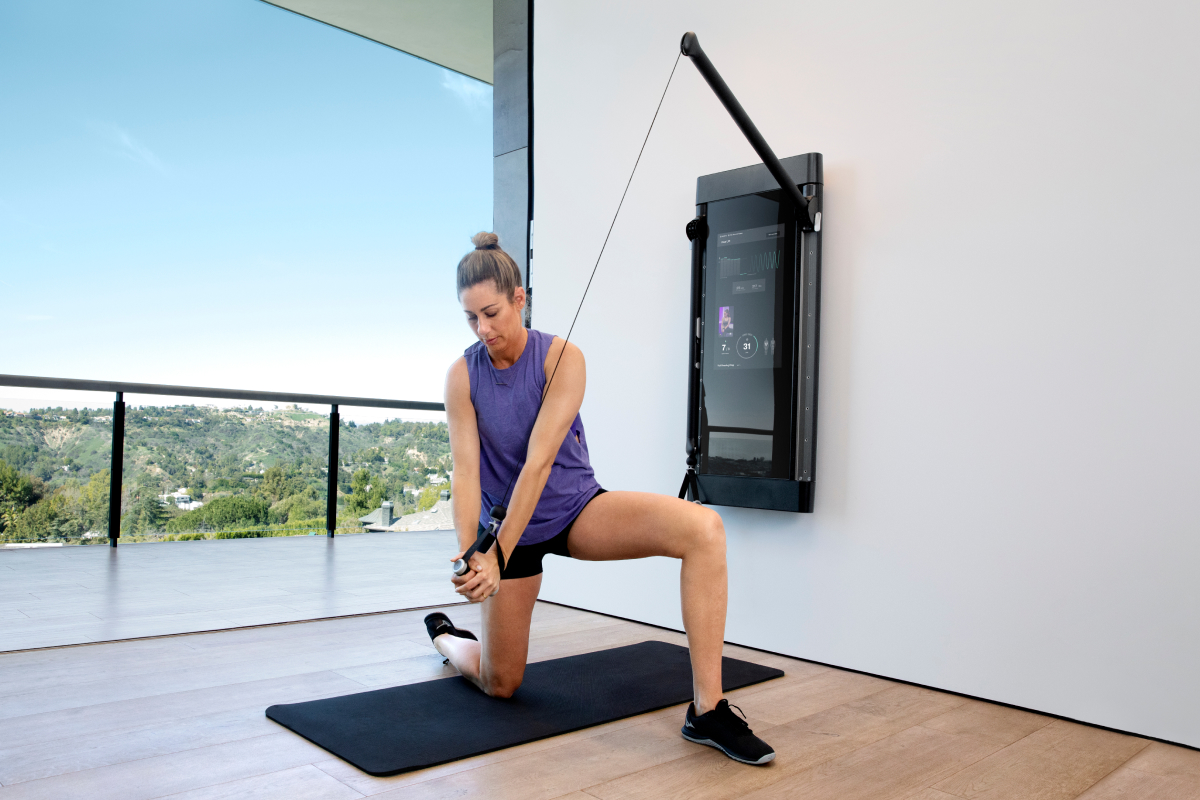
The California native’s relationship with strength training goes back to Newport Harbor High School, where she was a standout indoor volleyball player. Ross said she did more Olympic lifting back then, but it took some time to come to terms with some muscles being “bigger than the average Joe,” she said.
“I had to dig into the idea that my body is working for me,” she said. “I should be very grateful for it. It’s healthy and strong, and it allows me to pursue mastery in my craft. Along the way, I’ve continued to get stronger and push to see what my body is capable of, and it’s such a fulfilling thing.”
That physical strength, she said, translates to mental and emotional fortitude, as well. These are the backbones that make it possible for her to be vulnerable and ask for help when she needs it—like asking a new partner to pair up.
“You have to be willing to set your ego aside and help your partner get what they need to be their best,” she said. “And hopefully they’re doing that for you, too.”
